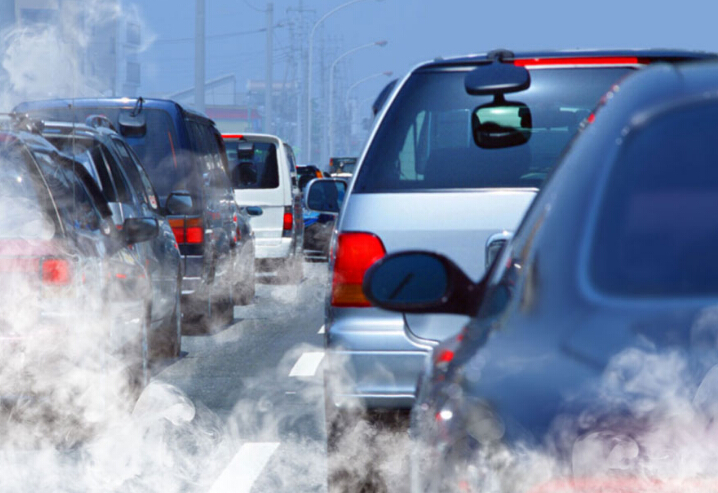|

|
|
Starting from Feb. 15, light-duty gasoline-powered cars that fail to meet the National Emission Standard III will be banned from entering Beijing’s fifth ring on weekdays. [Photo: CRI]
|
Beijing will ban high-emission vehicles from its urban areas starting Wednesday, authorities said Monday.
Starting from Feb. 15, light-duty gasoline-powered cars that fail to meet the National Emission Standard III will be banned from entering Beijing’s fifth ring on weekdays.
Violators will be fined 100 yuan (US$14.50) for every four hours that they drive on the road. Substandard cars will also be taken off the road through annual inspections or spot checks.
The Chinese capital currently requires new cars to comply with the “Beijing VI” emission standard, which is higher than the widely-used National Emission Standard V and equivalent to the Euro VI standard, the strictest in China.
The National Emission Standard I was introduced in 1999 and the National Emission Standard II followed in 2004.
“After weeding out yellow-labeled cars [outdated and heavy-polluting vehicles], vehicles consistent with the National Emission Standards II and III release most of the pollutants on the roads,” said Yu Jianhua, chief engineer of the Beijing Municipal Environmental Protection Bureau.
Higher-polluting gasoline vehicles account for less than 10 percent of vehicles on the road, but discharge over 30 percent of nitrogen oxide and 25 percent of volatile organic compounds, according to Yu.
Beijing’s 5.7 million vehicles produce 500,000 tonnes of various pollutants annually and account for 31 percent of locally-generated PM 2.5, a particulate matter associated with hazardous smog, making it the prime source of PM2.5, according to the environmental authority.
Plagued by smog over the past decade, the capital city has initiated a series of regulations to improve its air quality.
It has moved out high-polluting industries, pulled outdated cars off the road, continued to improve the public transportation system and rolled out policies to support new energy vehicles.
Average density of PM 2.5 in the capital was 73 micrograms per cubic meter in 2016, down 9.9 percent from the previous year, according to the Beijing Municipal Reform and Development Commission.
read more



